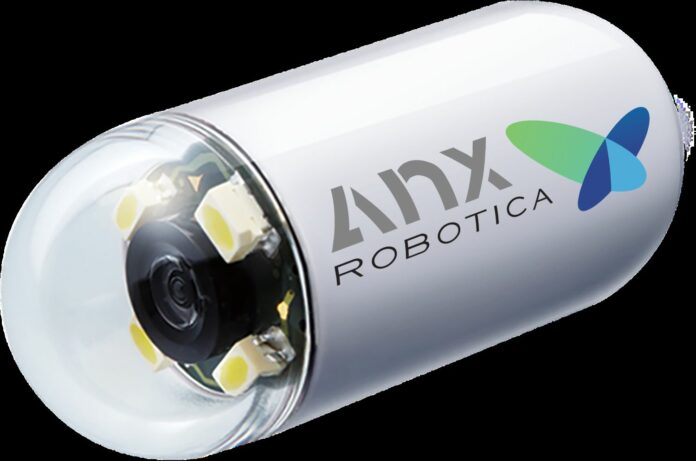In medical diagnostics, a revolutionary new technology is making waves. A tiny video capsule, no larger than a pill, is showing great promise as a non-invasive alternative to traditional endoscopy procedures. This innovative approach can transform how doctors examine the gastrointestinal tract and diagnose various conditions.
By providing a detailed visual exploration of the digestive system, this tiny video capsule offers a convenient and patient-friendly option, reducing discomfort and minimizing risks associated with invasive procedures. This article will explore the exciting developments surrounding this cutting-edge technology and its potential to revolutionize medical diagnostics.
In a groundbreaking study conducted at George Washington University, significant advancement has been made in ingestible video capsule endoscopes. Traditionally limited by their lack of physician control, these capsules could only move passively within the body. However, recent research has introduced a first-of-its-kind technology that enables physicians to remotely maneuver a miniature video capsule throughout the stomach remotely, capturing visual and photographic data of potential problem areas.
By utilizing an external magnet and handheld joysticks reminiscent of video game controllers, this innovative approach allows for three-dimensional movement within the stomach, bringing the technology closer to the capabilities of traditional tube-based endoscopy. This remarkable development holds significant promise for enhancing diagnostic capabilities and improving patient care.
“A traditional endoscopy is an invasive procedure for patients, not to mention it is costly due to the need for anesthesia and time off work.” Andrew Meltzer, a professor of Emergency Medicine at the GW School of Medicine & Health Sciences, said. “If larger studies can prove this method is sufficiently sensitive to detect high-risk lesions, magnetically controlled capsules could be used as a quick and easy way to screen for health problems in the upper GI tract such as ulcers or stomach cancer.”
Every year in the United States, over 7 million traditional endoscopies are performed to investigate and treat various symptoms and conditions in the stomach and upper part of the intestine, including cancer. However, access to this procedure can be challenging for some patients, as studies have indicated. Recognizing this issue, Dr. Michael Meltzer became intrigued by the potential of magnetically controlled capsule endoscopy.
His interest was sparked by encounters with patients in the emergency room who experienced stomach pain or suspected upper gastrointestinal bleeding but faced barriers to receiving a traditional endoscopy as an outpatient. The inability to evaluate these patients without hospital admission for an endoscopy prompted Dr. Meltzer to search for less invasive methods of visualizing the upper gastrointestinal tract, particularly for individuals with suspected internal bleeding. This pursuit aims to address the problem of limited accessibility to this crucial diagnostic tool and prevent life-threatening hemorrhage.
In a pioneering study conducted in the United States, magnetically controlled capsule endoscopy has shown promising results. This innovative approach allows patients with severe stomach pain to swallow a capsule and receive an immediate diagnosis, eliminating the need for a separate appointment for a traditional endoscopy.
Guided by an external magnet, the capsule navigates the stomach, providing visual and photographic data of potential lesions. Researchers are developing software using artificial intelligence to drive the capsule autonomously, simplifying the procedure. The study involving 40 patients demonstrated a high success rate in visualizing the stomach, with no missed high-risk lesions. Most patients preferred the capsule method, and no safety issues were reported.
This prospective, single-center study highlights the potential of magnetically controlled capsule endoscopy as a feasible and effective alternative to traditional endoscopy for assessing gastric mucosa in symptomatic patients. The capsule endoscopy method demonstrated good diagnostic accuracy, high patient satisfaction, and safety comparable to conventional endoscopy. However, further large-scale trials are required, and the capsule’s inability to perform biopsies is a significant limitation.
Journal Reference:
- Andrew C. Meltzer, Anita Kumar, Samuel J. Kallus et al. Magnetically controlled capsule for assessment of the gastric mucosa in symptomatic patients: a prospective, single-arm, single-center, comparative study. iGIE DOI:10.1016/j.igie.2023.04.007
